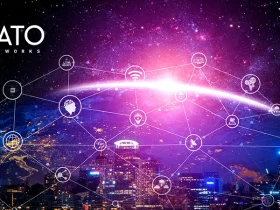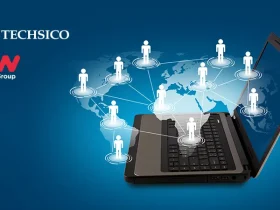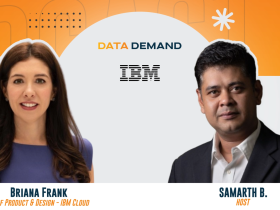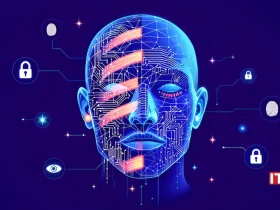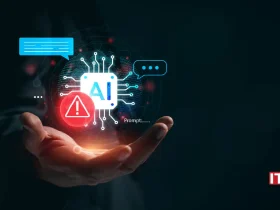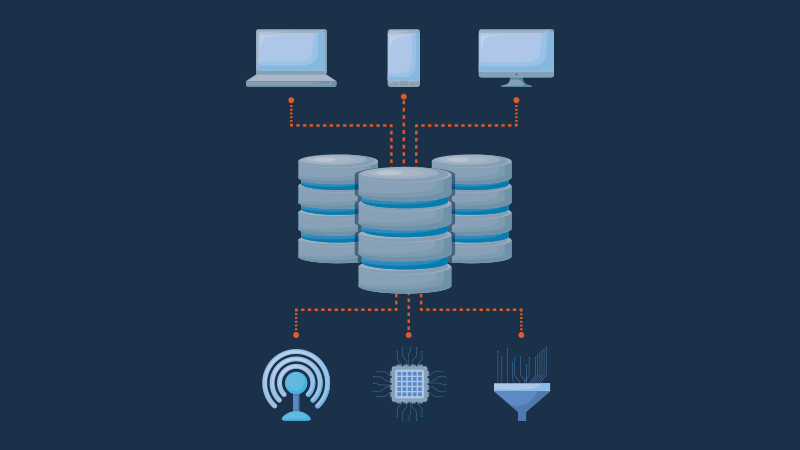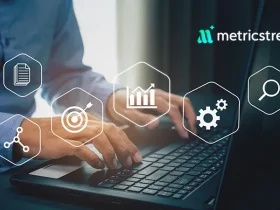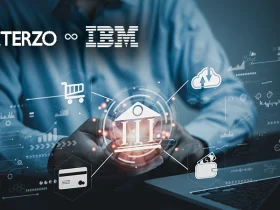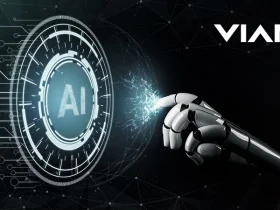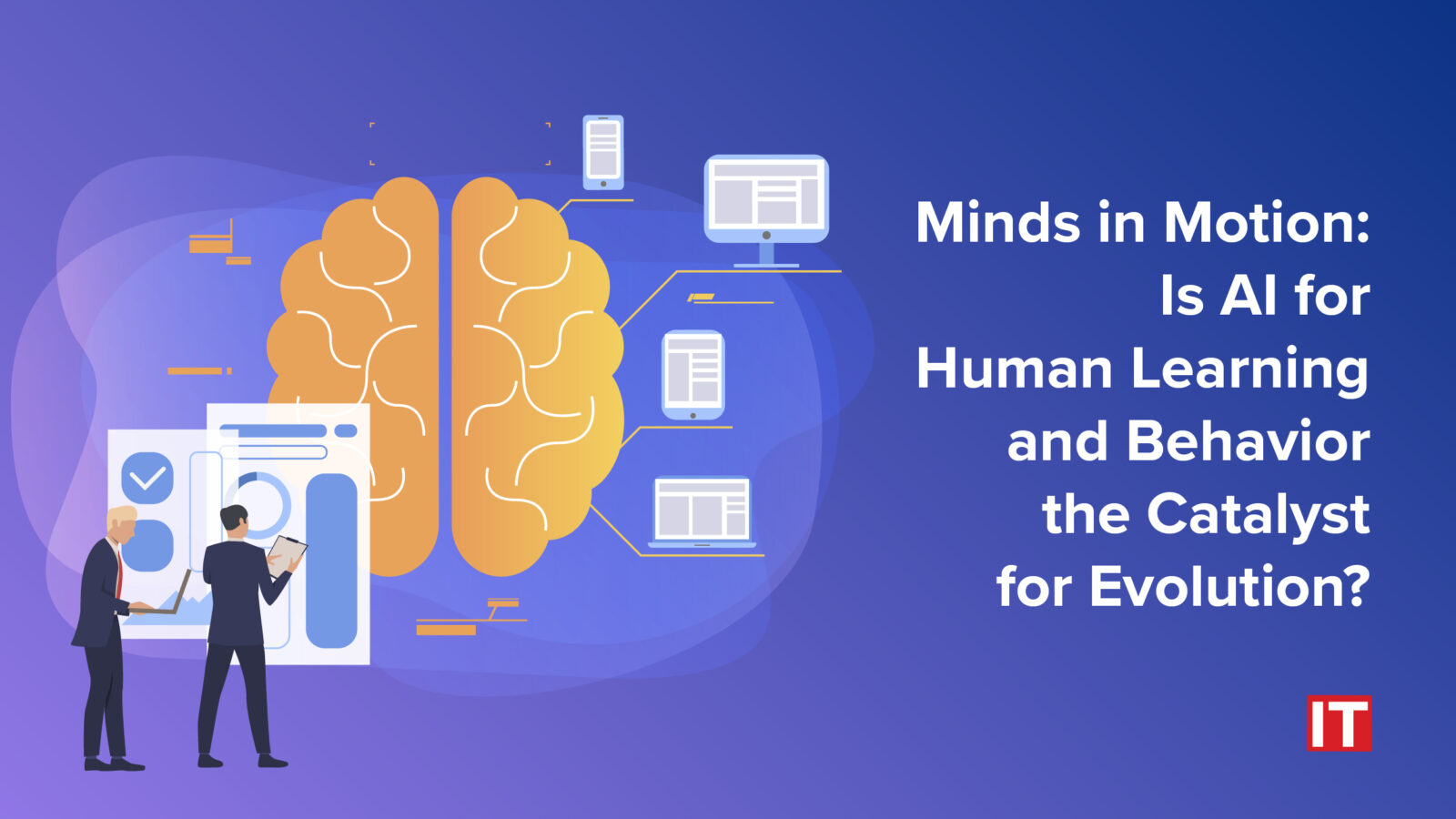Many concerns, issues, and possibilities are being raised by AI. Without pausing to think about the unforeseen implications of the machine, app, or program that they are now developing or designing an algorithm for, some are springing with great enthusiasm about all the potential ways it could improve our humanity. Others worry that the world may one day be ruled by robots controlled by a central brain-computer.
Some believe AI learning to be the answer to every issue we face today, including injustice, poor educational opportunities, business challenges, and climate change.
The fact is that it affects every aspect of human endeavor and profession, including accounting, real estate, education, medicine, the judicial system, consulting firms, and the military, and it is exponentially growing. Even the media and the arts are not exempt from its effects. The heart and soul are left behind when the brain is enhanced.
What is AI for Human Learning and Behavior Change?
The use of artificial intelligence (AI) methods and tools to speed up and improve human learning and behavior modification is known as “AI for Human Learning and Behavior Change.” By using AI tools and algorithms, it is possible to personalize learning experiences, deliver adaptive feedback, and assist behavior change interventions.
AI can be used to enhance learning and encourage positive human behavior change in a variety of contexts, including education, training, personal development, and mental health. AI systems can give personalized content and adaptive learning experiences suited to each person’s needs by analyzing data to discover individual learning preferences, strengths, and limitations.
How Can AI Help in Human Learning?
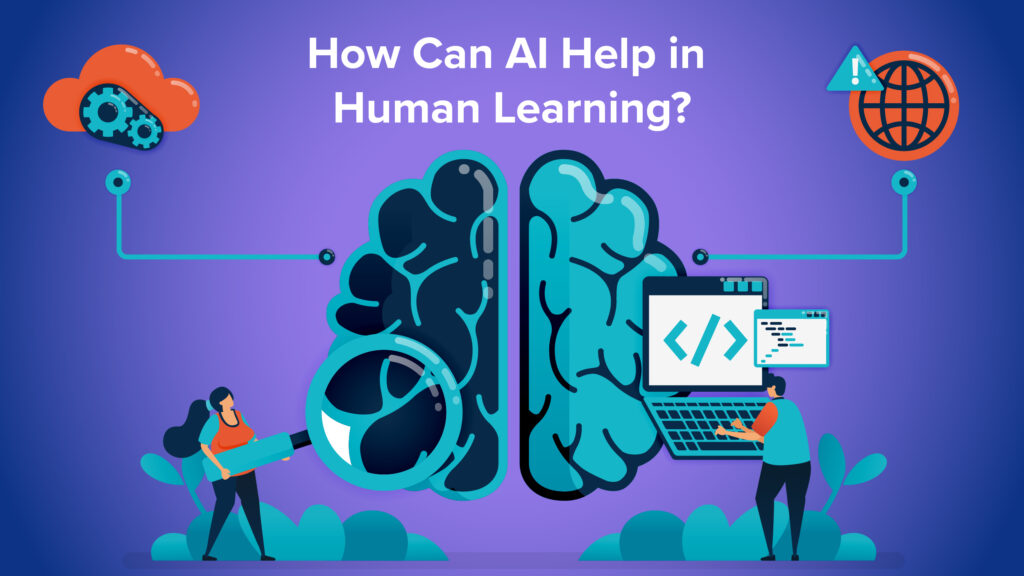 The introduction of AI for human learning and behavior change has the potential to reshape individuals’ cognitive processes. AI can assist in human learning in several ways:
The introduction of AI for human learning and behavior change has the potential to reshape individuals’ cognitive processes. AI can assist in human learning in several ways:
1. Personalized Learning:
Large volumes of data can be analyzed by AI algorithms to identify personal learning styles, preferences, and strengths. This makes it possible to develop individualized learning routes and content that meet the unique needs of each learner, enhancing the educational process.
2. Adaptive Learning:
Based on the learner’s performance and feedback, AI systems can modify the learning process in real time. AI assists learners in being interested and challenged at the right level by continuously assessing knowledge gaps and modifying the difficulty level of content or offering more resources.
3. Intelligent Tutoring:
AI-driven tutoring programs can serve as virtual teachers who give every student individualized instruction, feedback, and explanations. These tools enhance an encouraging and engaging learning environment by providing answers to queries, detailed explanations, and focused practice exercises.
4. Natural Language Processing:
The creation of intelligent chatbots, virtual assistants, and language-learning systems is made possible by AI’s capacity to process natural language. These resources allow users to converse, respond to questions, practice their language skills, and receive assessments of their language ability.
5. Data Analysis and Insights:
AI can analyze student data and produce insights that both teachers and students may use. It can point out areas that need work, anticipate learning challenges, and suggest specific actions or resources to help the learning process.
6. Augmented Reality and Virtual Reality:
To develop immersive and interactive learning environments, AI can be used with augmented reality (AR) and virtual reality (VR) technology. These tools provide hands-on learning and skill development in a secure setting by simulating real-world situations.
What is the Impact of AI on Behavior Change?
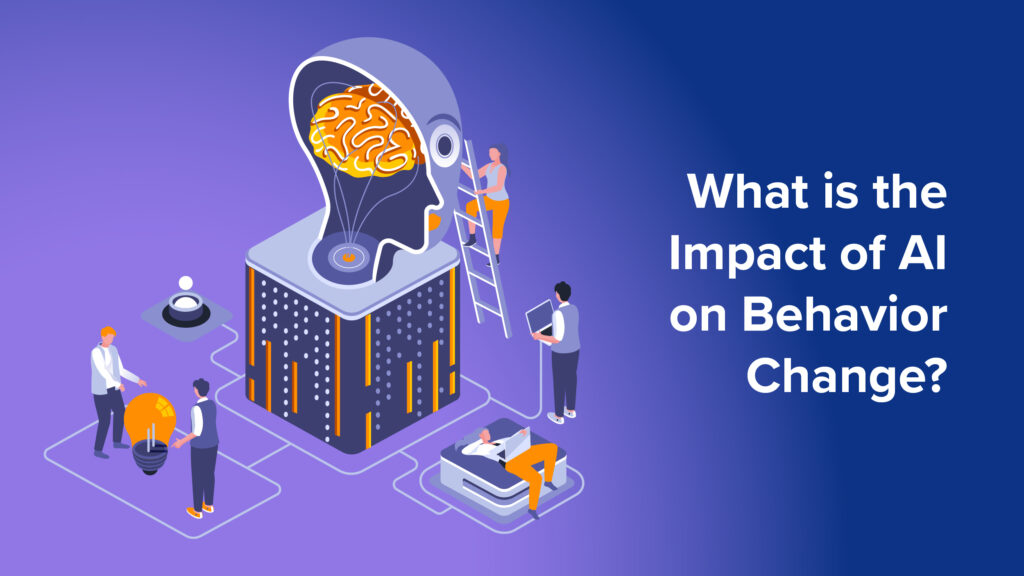 The concept of AI for human learning and behavior change carries the power to change the way people think. Here are a few ways AI can affect behavior change:
The concept of AI for human learning and behavior change carries the power to change the way people think. Here are a few ways AI can affect behavior change:
1. Behavioral Analysis
AI is capable of analyzing enormous volumes of data about human behavior to spot trends, motivators, and obstacles that can prevent behavior change. AI can assist people and organizations in creating interventions for behavior change that are more successful by acquiring insights into what impacts behavior.
2. Gamification and Engagement
Gamification approaches can be used by AI to boost motivation and participation in behavior change initiatives. AI systems can improve the fun and interactivity of behavior change by including game features like challenges, prizes, and progress tracking.
3. Personal Assistants and Chatbots
AI-powered chatbots and virtual assistants can offer reminders and ongoing help to anyone trying to improve their behavior. These conversational user interfaces can provide advice, provide answers to queries, and encourage users.
Chatbots are used to facilitate communication with students and offer self-services that are available around the clock. For instance, Georgia State University created the chatbot Pounce in an effort to assist students looking for guidance and assistance, especially those who were making the transition from high school to college and were unfamiliar with the demands of academic life.
4. Predictive Analytics
Predictive analytics can be used by AI to foresee probable problems and triggers that might thwart behavior change initiatives. AI can offer proactive preventative actions or coping mechanisms by proactively identifying risk factors or circumstances that might result in lapses.
5. Social Influence and Support
AI can help build social networks and support systems to encourage human behavior change. AI-powered online communities and platforms can unite people who share goals for them to share experiences, support one another, and hold one another responsible.
How AI Is Poised to Help Humanity?
AI is poised to help humanity in various ways such as:
● Mitigating Risk Factors: The Significance of AI for Human Learning and Behavior Change
Robots using machine learning can take risks that would be fatal to humans. Consider defusing a bomb, venturing into the deepest waters or outer space, or assessing unstable constructions. Robots are conducting radiation monitoring, clearing debris from the destroyed reactor, taking radiological material samples, and even burying radioactive materials in the still dangerous sections of the Chernobyl nuclear catastrophe site in Ukraine.
● Simplifying Laborious Work: AI for Human Learning and Behavior Modification
By definition, performing a repetitive task is boring and time-consuming. AI-assisted repetitive tasks can let us focus on other items on our to-do lists and free us up to be more creative. Example: Intelligent assistants that can manage and organize daily life (such as responding to emails, texting pals, and other duties) include Apple’s Siri, Google Assistant, Amazon’s Alexa, and a more recent addition, C9 Companion.
● Quickening the Decision Process: AI for Human Learning and Behavior Change
The newest generations of machine learning can take into account facts and statistics as well as acquire parts of human emotion and then weigh both into its calculations. AI can make decisions and carry out activities significantly more quickly than humans. For example, AI in healthcare can assist physicians and researchers in cancer diagnosis, enhancing the effectiveness of treatment.
AI for Human Learning and Behavior Change: Closing Thoughts
The use of AI for human learning and behavior change processes has the power to fundamentally alter how we learn new things, hone existing skills, and make progress in our lives. By making use of AI’s capabilities, such as personalization, flexibility, and data analysis, we may improve the learning process, encourage lasting behavior change, and enable people to realize their full potential.
We have a fascinating chance to use the potential of AI for human learning and behavior change as it develops and progresses. We can build a future where education is personalized, behavior modification is aided by AI, and people are given the tools they need to thrive and develop by utilizing AI learning skills along with human guidance and assistance.








